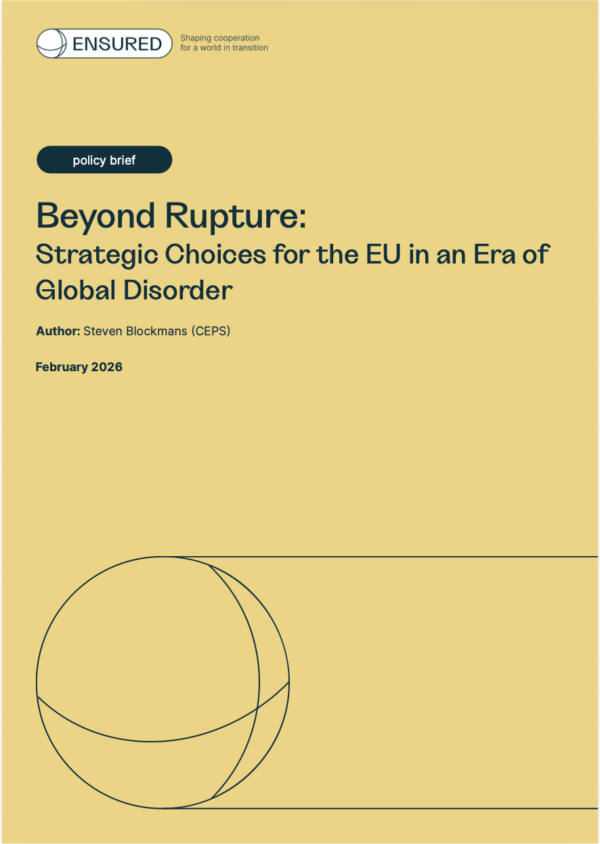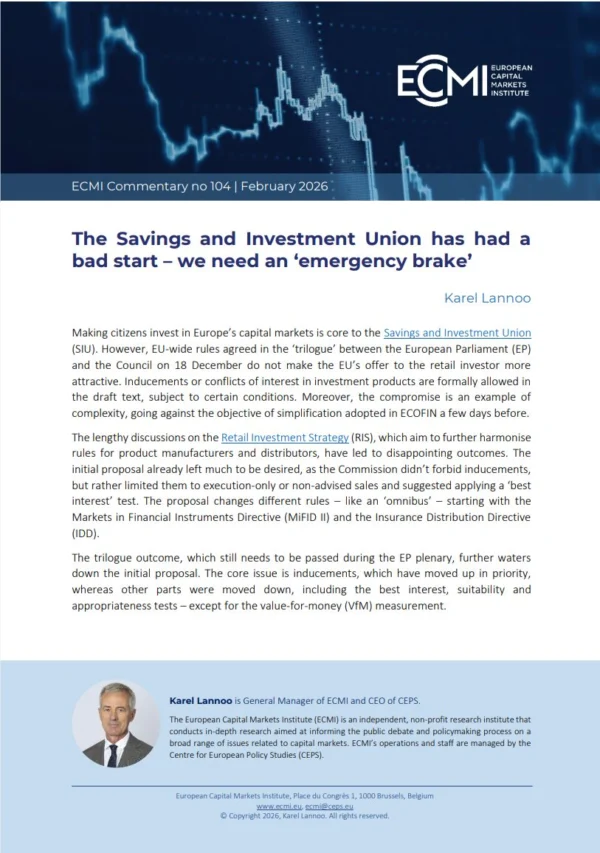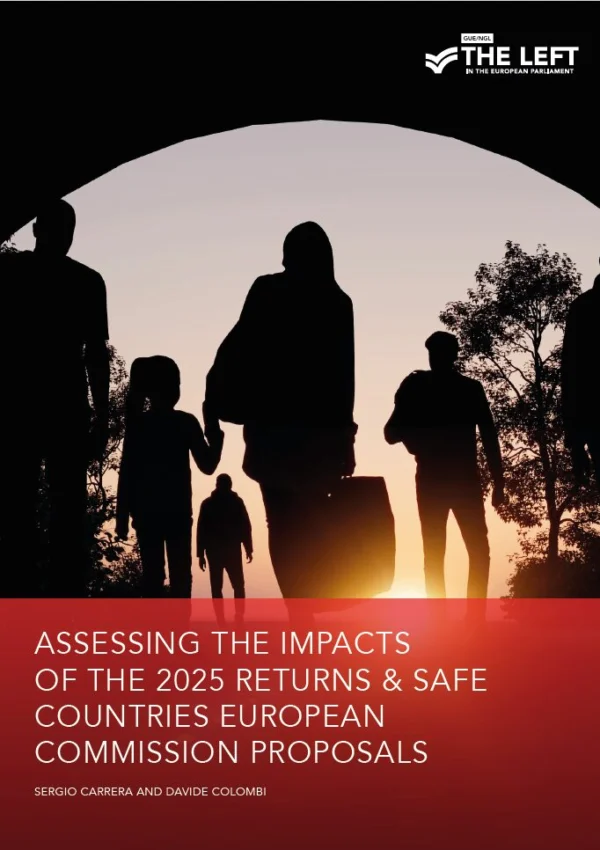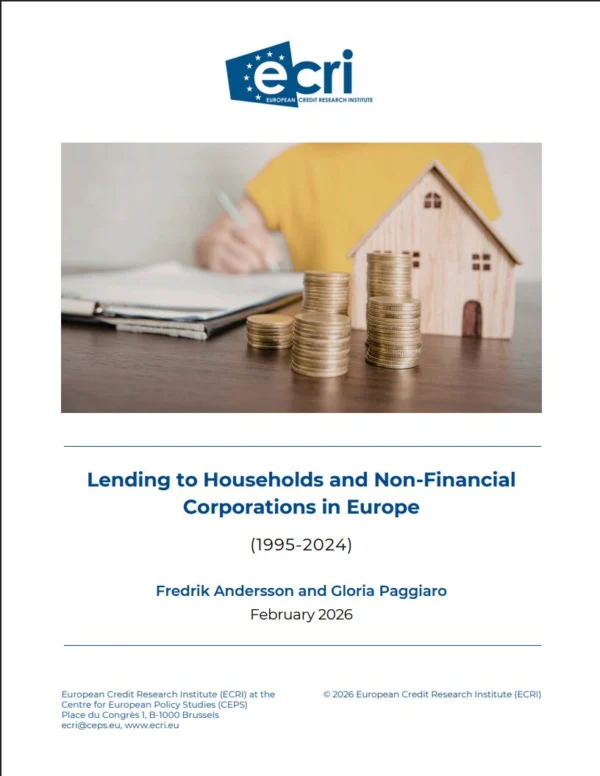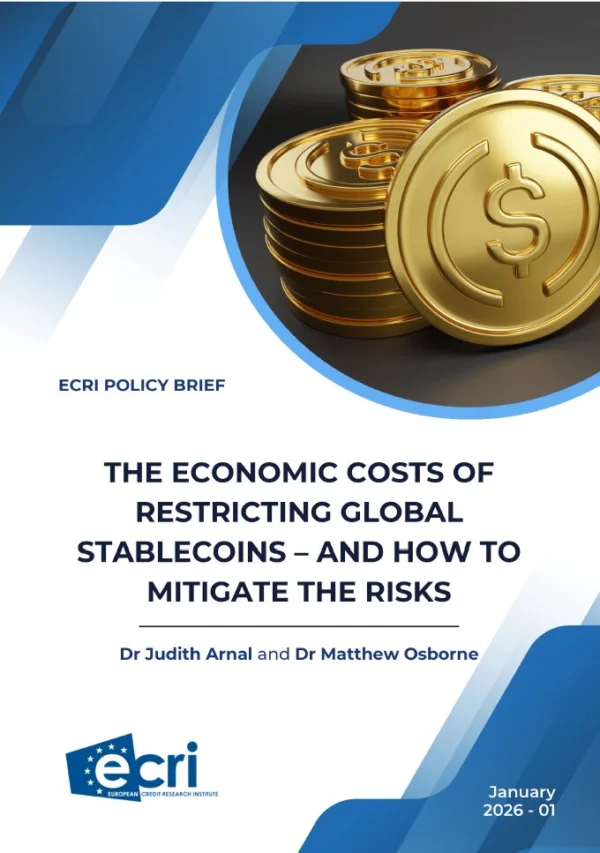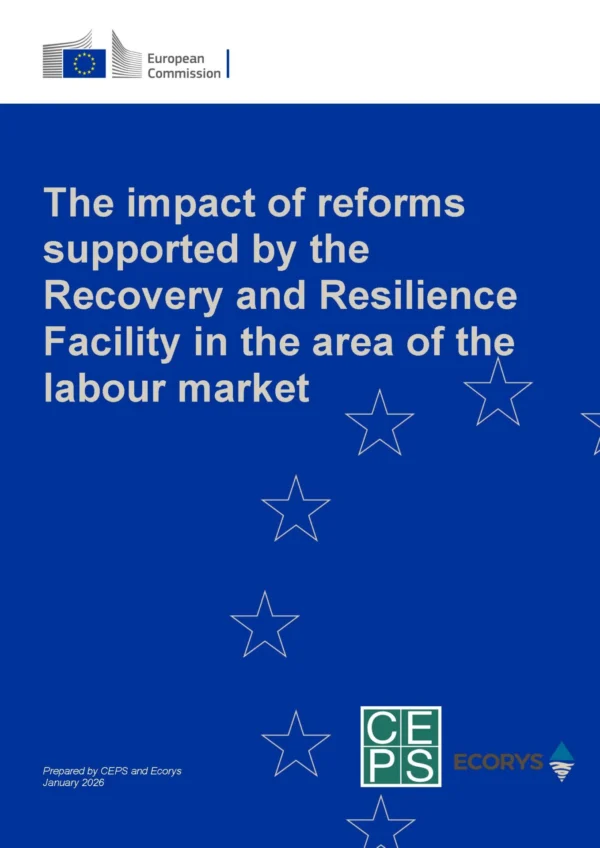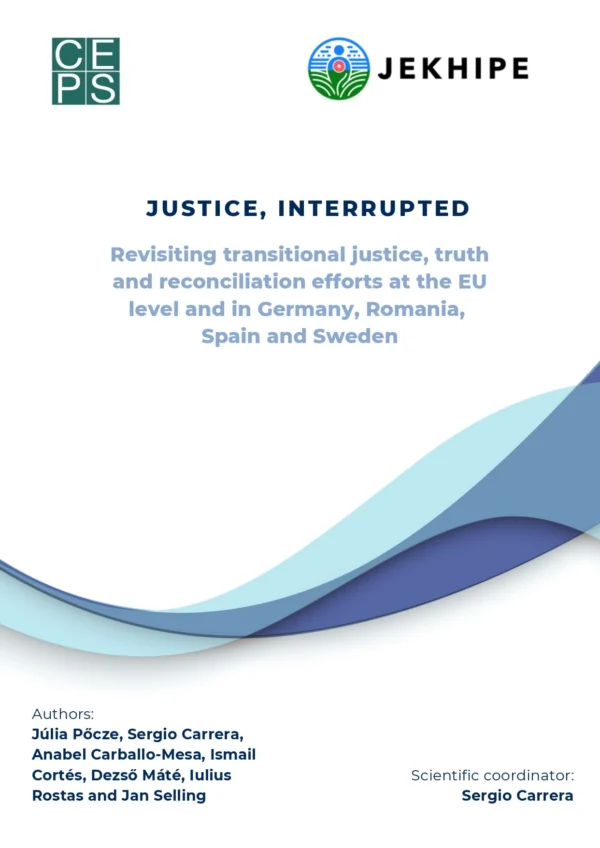Fears of systemic meltdown following the collapse of Lehman Brothers in September 2008 led to uncoordinated regulatory interventions around the world to ban or restrict short selling, a technique that allows one to profit from falling stock prices. The suspicion that ‘bear raids’ were having a negative impact on stock prices in general and financial stocks in particular motivated these regulatory developments. The ban on short selling reignited a long-standing debate on this controversial technique.
This ECMI Commentary explores three fundamental questions posed by short selling. The first issue is of a conceptual nature: Is short selling legitimate and, if so, is it beneficial for financial markets? The second issue is: What is the difference between naked and covered short selling? The third question is legal in nature: Is short selling consistently defined across jurisdictions?
0
More CEPS Publications
12 Published Publications
Related Publications
Browse through the list of related publications.


